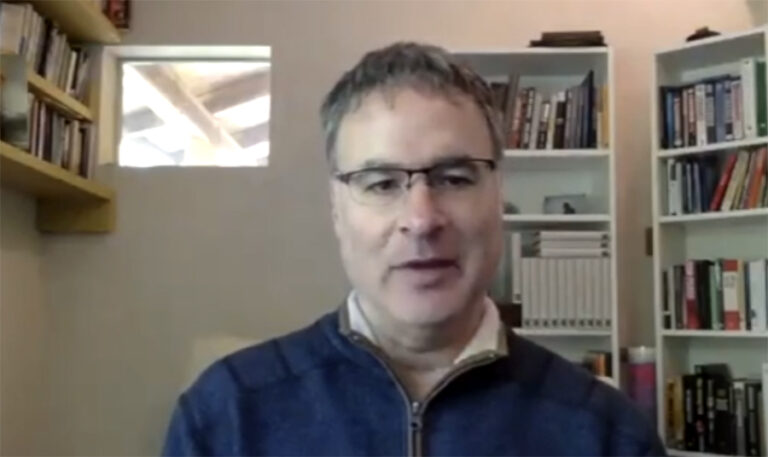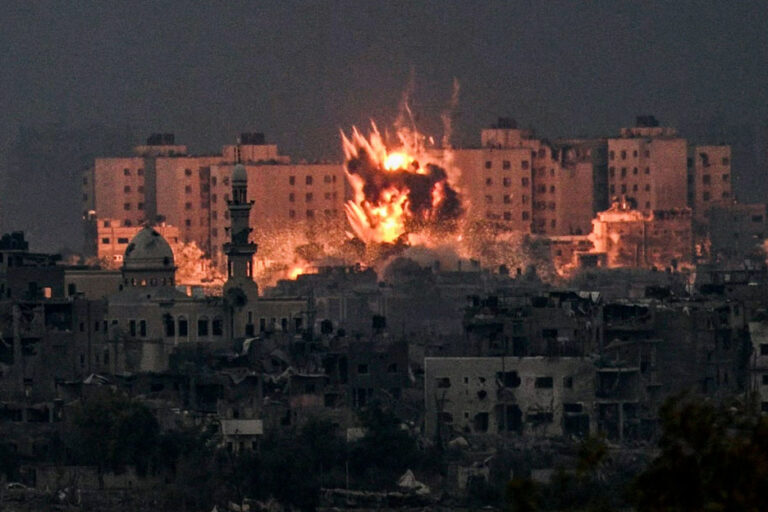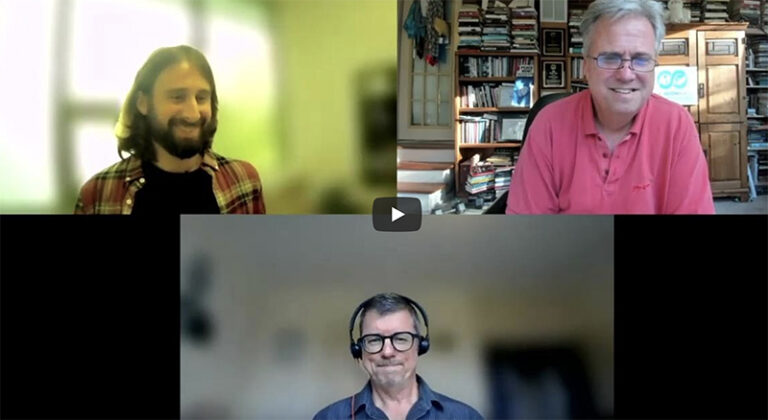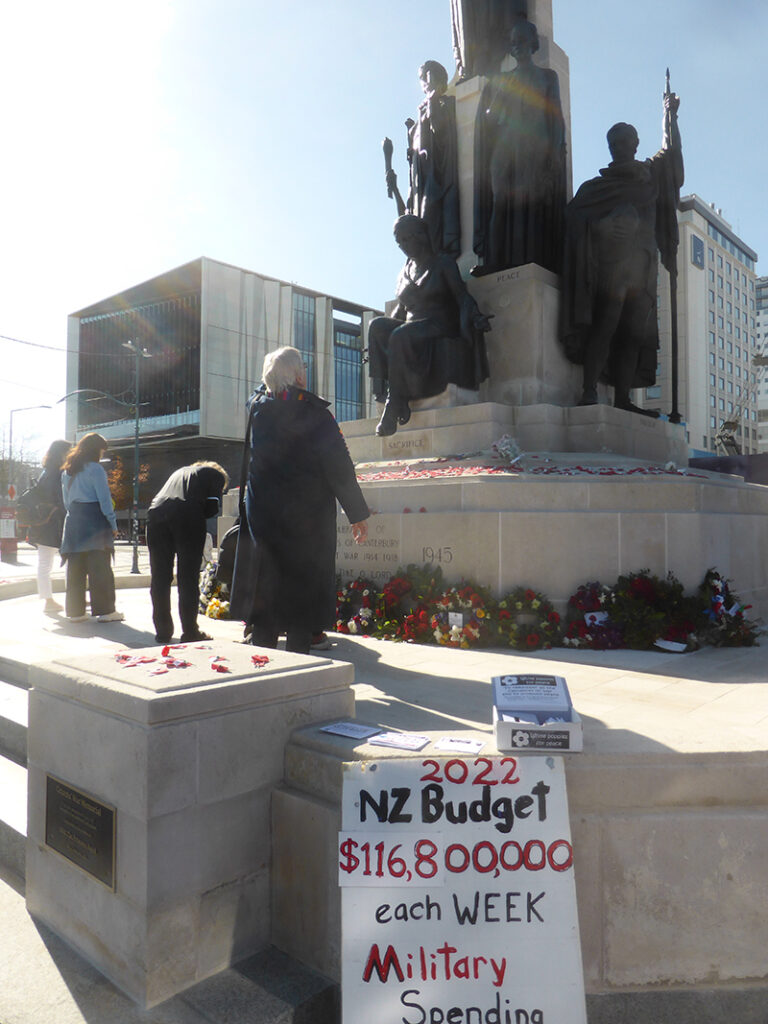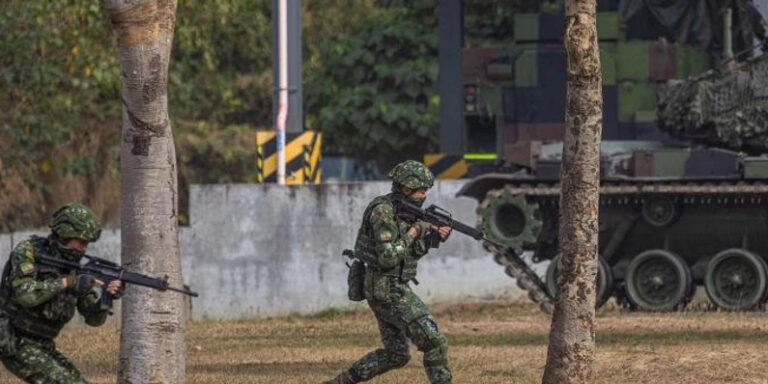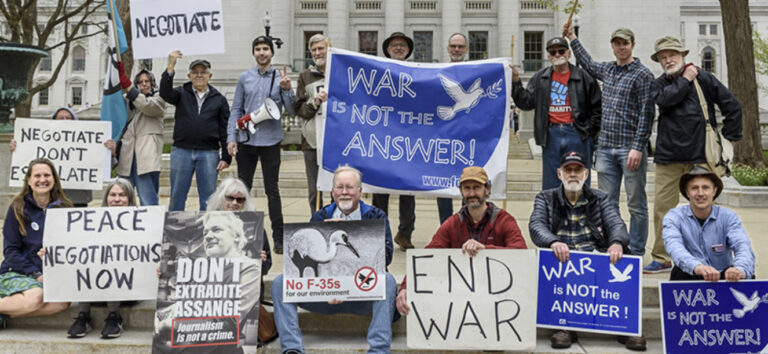
The ‘Accepted Insanity’ of World War III
We have the technological and psychological capacity to kill not simply thousands or even millions of people but the whole human race, but let’s talk about it in terms of strategy, tactics and public relations! #WorldBEYONDWar




